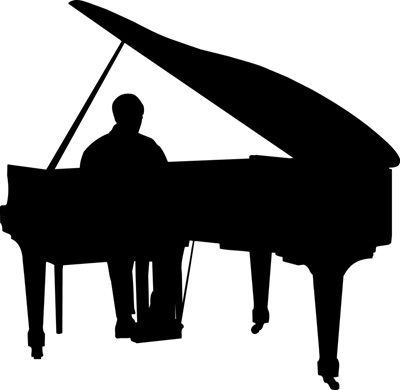An excerpt from Oliver Sack's Awakenings:
"Yet we know so much of the devices of disease, and so little of the powers of health that are in us:
To well manage our affections, and wild horses of Plato, are the highest Circenses; and the noblest Digladiation is in the Theater of ourselves; for therein our inward Antagonists, with ordinary Weeapons and down right Blows make at us, but also like Retiary and Laqueary Combatants, with Nets, Frauds and Entanglements fall upon us. Weapons for such combats are not to be forged at Lipara, Vulcan's Art doth nothing in this Internal Militia... --Sir Thomas Brown
These are the terms in which we experience health and disease, and which we naturally use in speaking of them. They neither require nor admit definition; they are understood at once, but defy explanation; they are at once exact, intuitive, obvious, mysterious, irreducible and indefinable. They are metaphysical terms - the terms we use for infinite things. They are common to colloquial, poetic and philosophical discourse. And they are indispensable terms in medical discourse, which unites all of these. 'How are you?', 'How are things?'; are metaphysical questions, infinitely simple and infinitely complex."
This eloquent discourse serves to mitigate my antipathy towards that same platitudinous and banal question that so plagues our culture inasmuch as there is more metaphysical inquiries contained within its subtleties than most individuals are prone to envisage.
Consequently, Sacks goes on to state that "the whole of this book", which details the case studies of numerous patients suffering from encephalitis lethargica and/or severe Parkinsonian symptoms, "is concerned with these questions - 'How are you?", 'How are things?' - as they apply to certain patients in an extraordinary situation." Such extraordinary situations mainly entail being 'locked inside one's own body'--unable to move of one's own accord, to speak, subject to respiratory and oculogyric attacks, and possibly the most detrimental of all, a sort of 'loss of self', of a DESIRE to do anything. They no longer seem to care about anything--moving, eating, connecting, and, inasmuch as these desires are the essence of living, life itself. Furthermore, the accounts detail these very same locked in patients and the transformation they experience under the administration of L-Dopa: going from virtually paralyzed and lifeless, to walking and talking and relating, to manic episodes of destruction and uncontrollable libido, and finally landing back in the neighborhood of where they started, some a bit more pathological, some a bit less.
In Sack's characteristically descriptive and exquisite narrative style, these patients' stories seem to leap from the pages in very much the same sense that they exploded from their semi-paralytic states following their initial doses of L-Dopa. And he not only details the symptoms but the patients, the WHAT that is obvious as well as the HOW ARE YOU that is perhaps not so obvious but just as important if not more so.
Well done Sacks.
--D*sire
Monday, June 29, 2009
Subscribe to:
Post Comments (Atom)


No comments:
Post a Comment